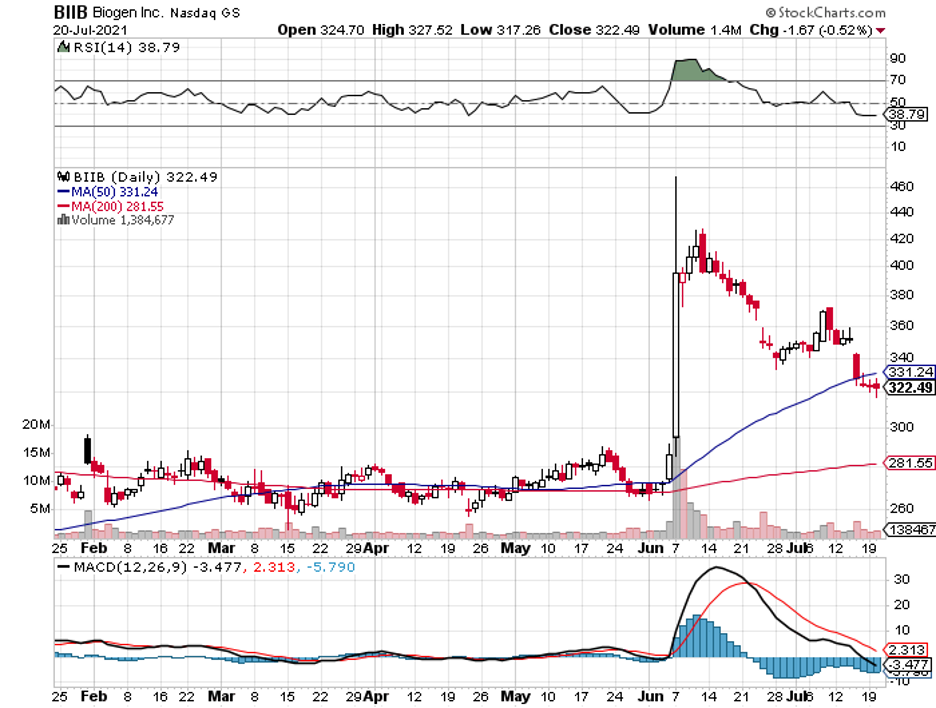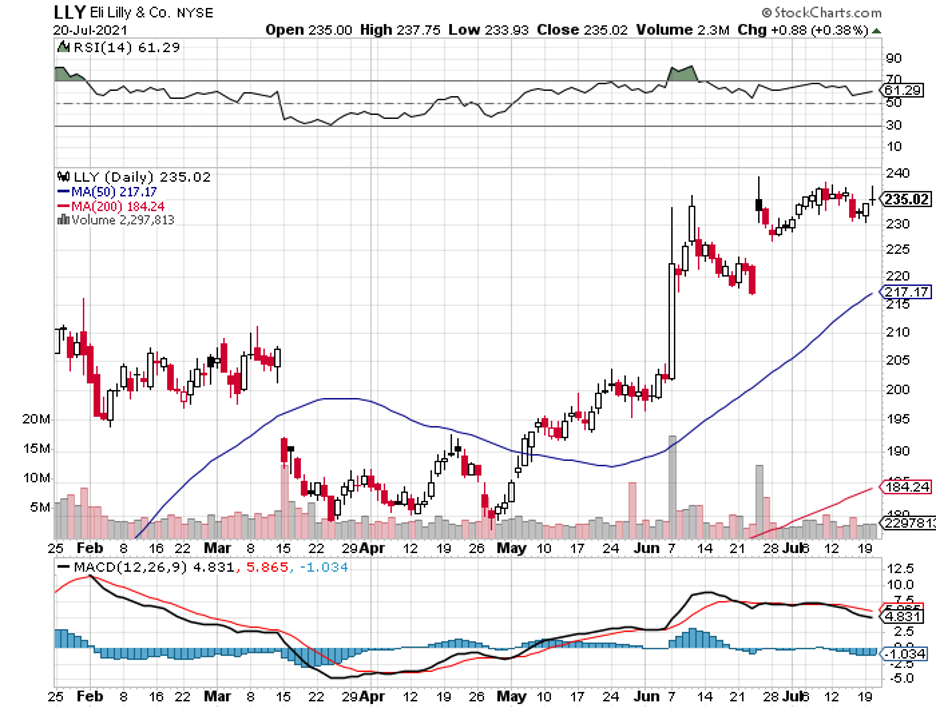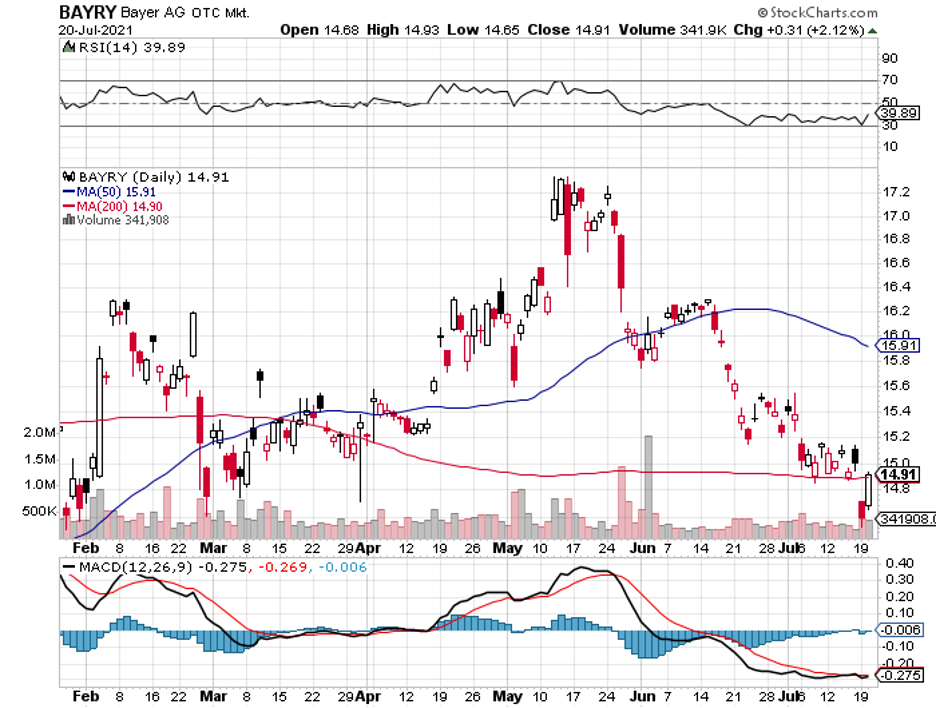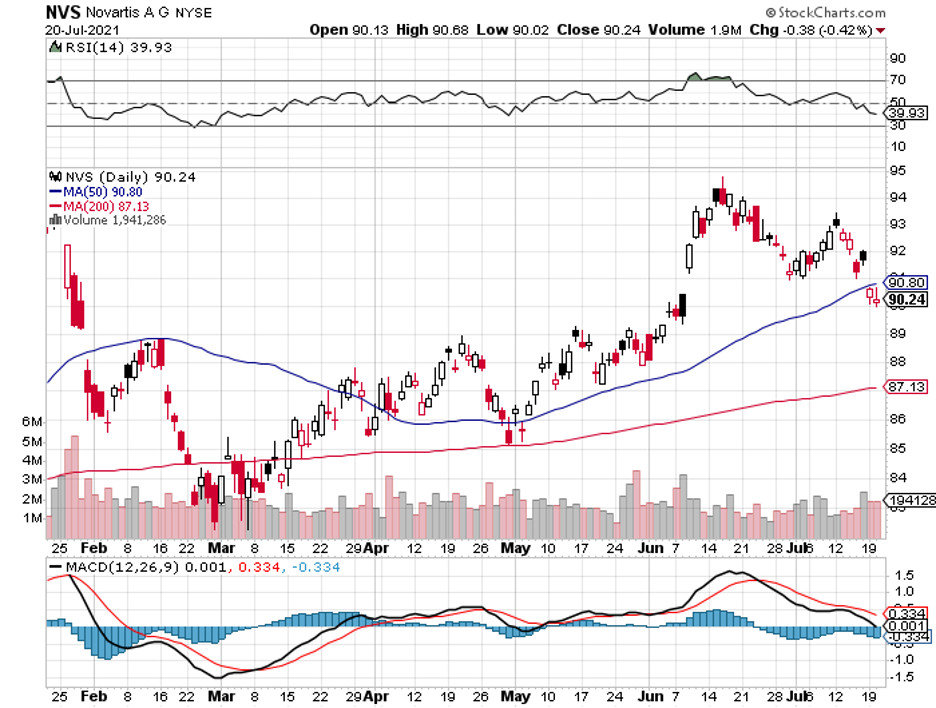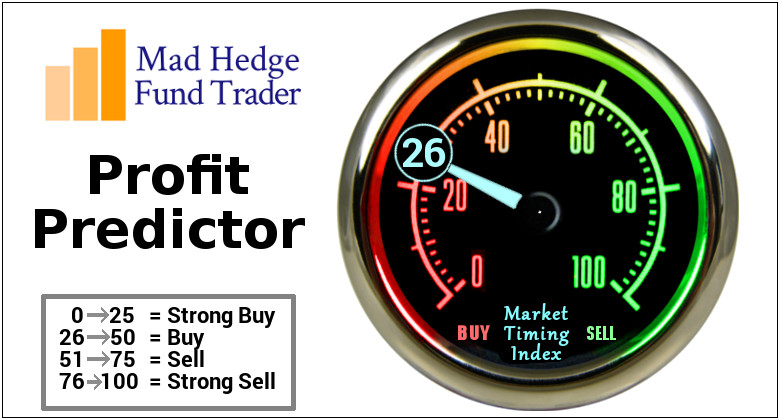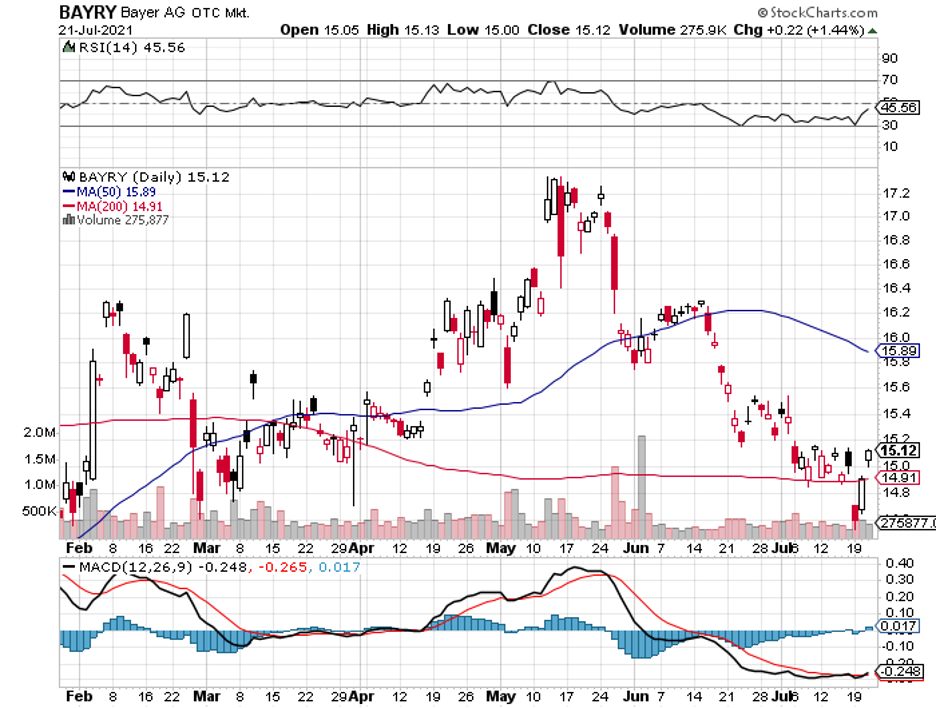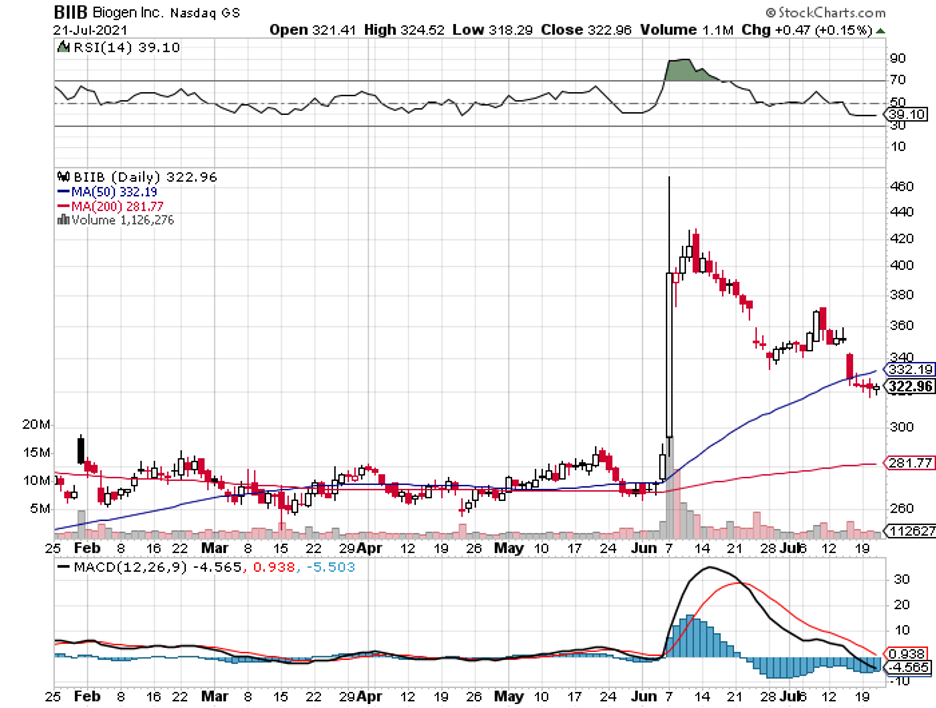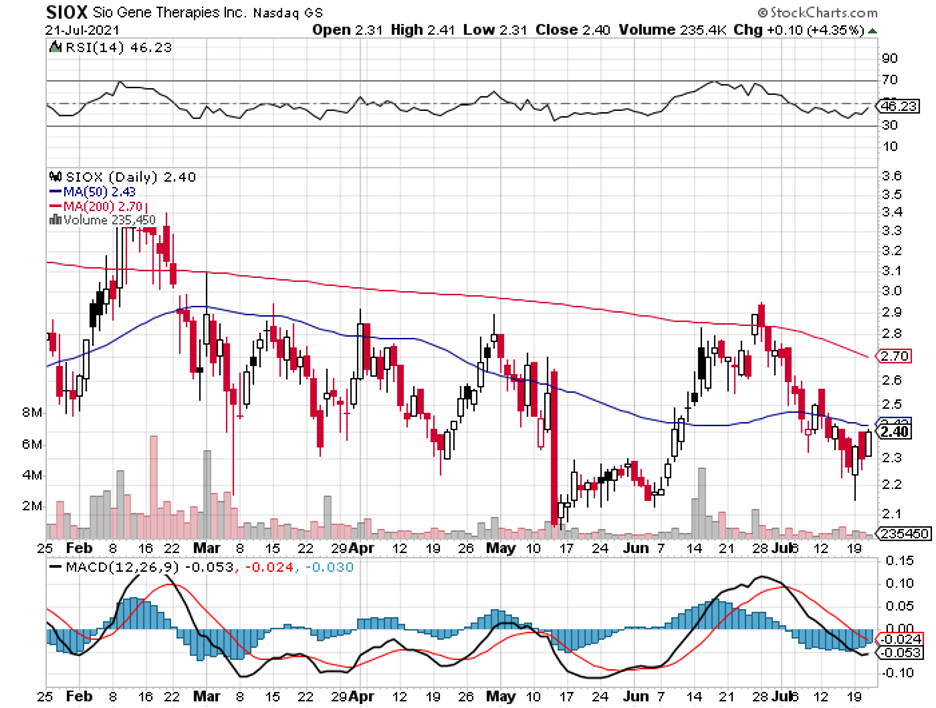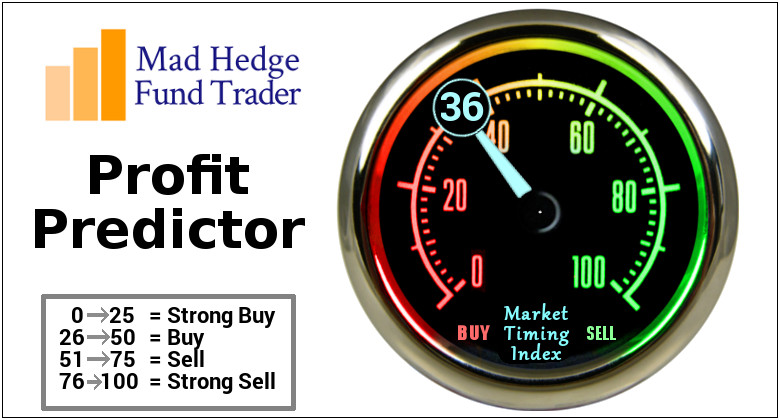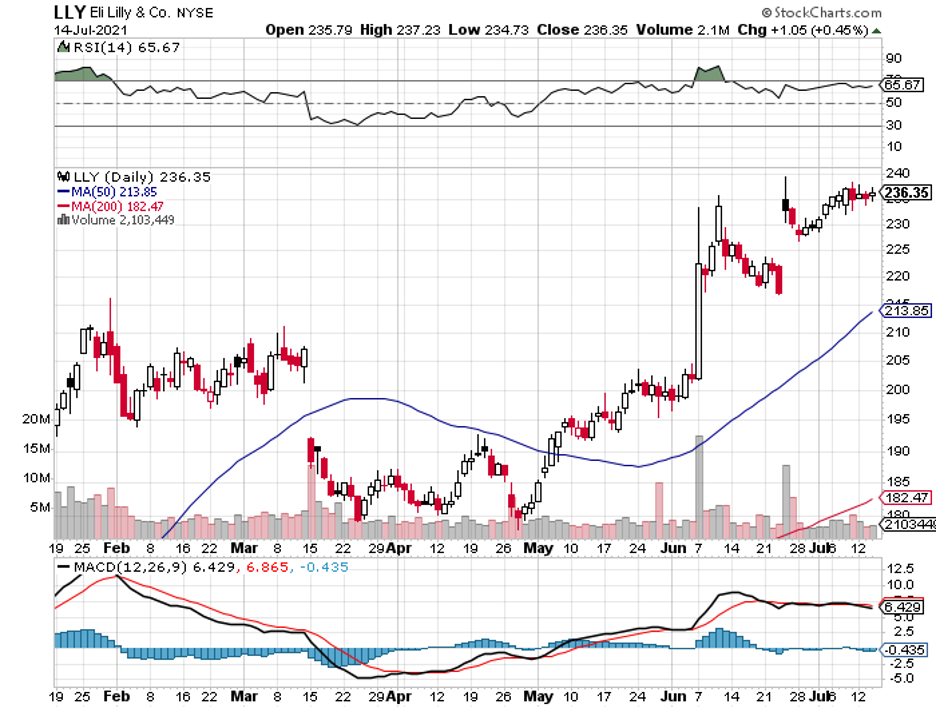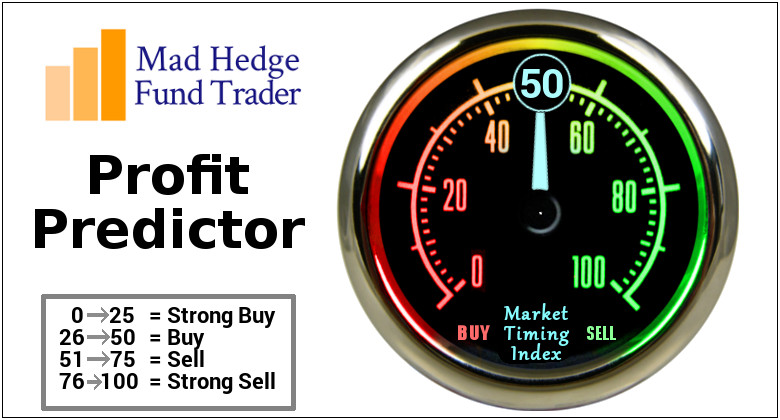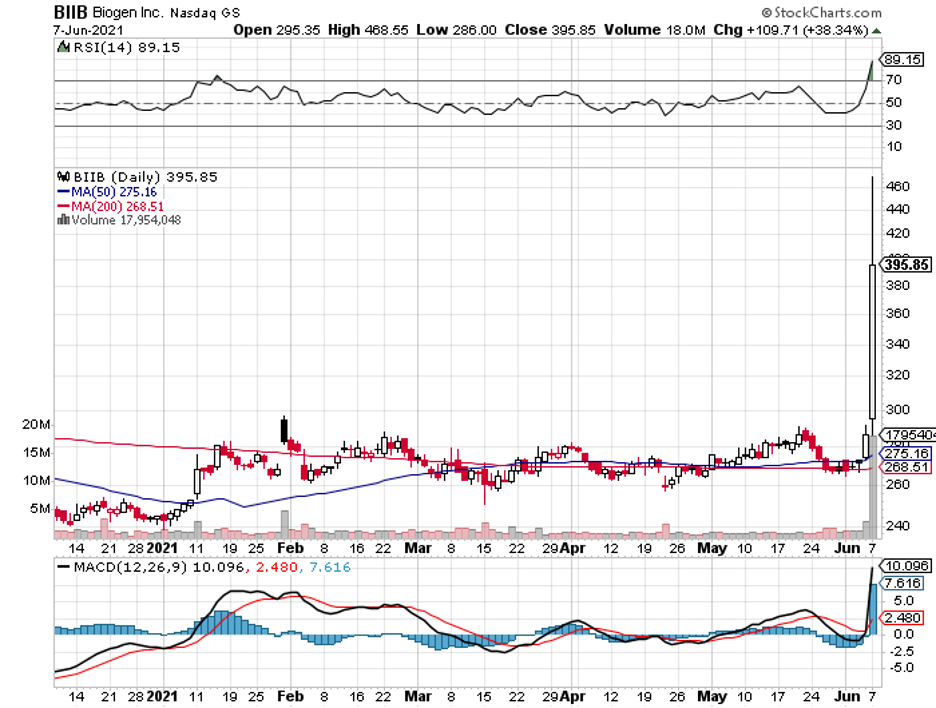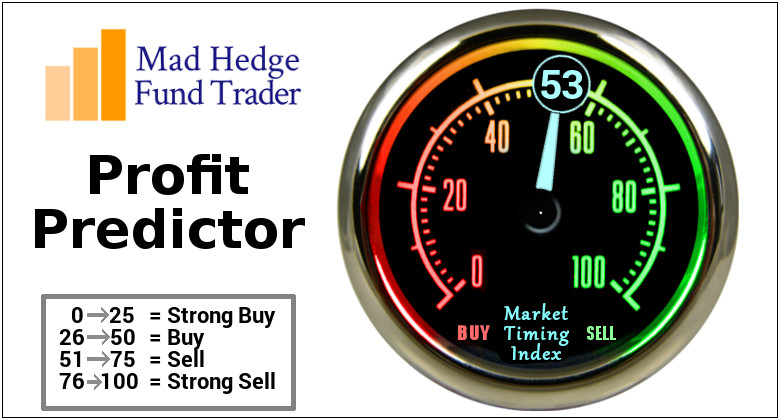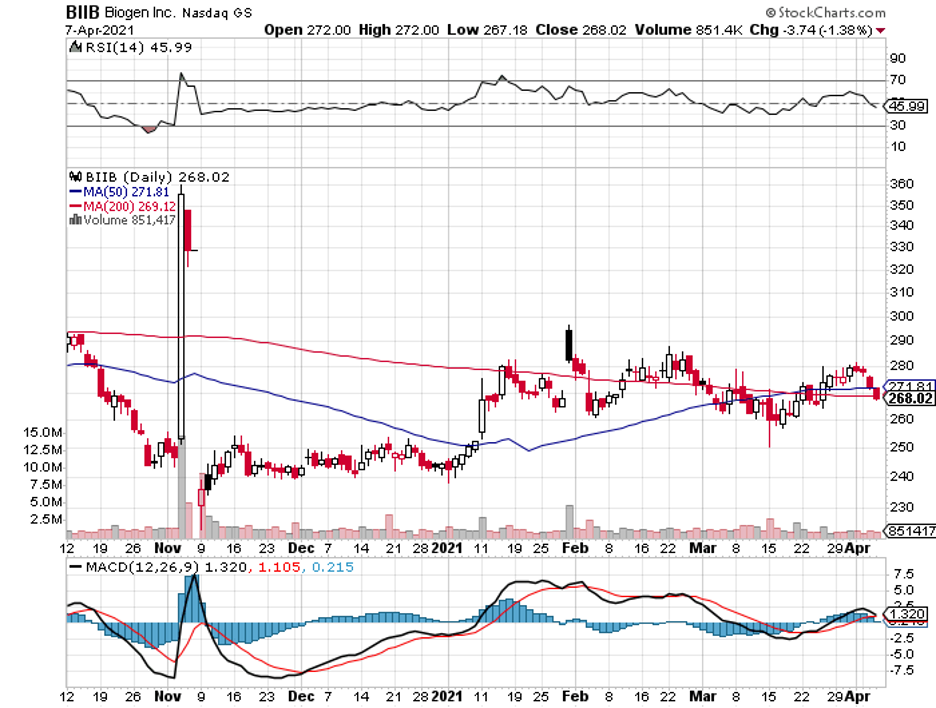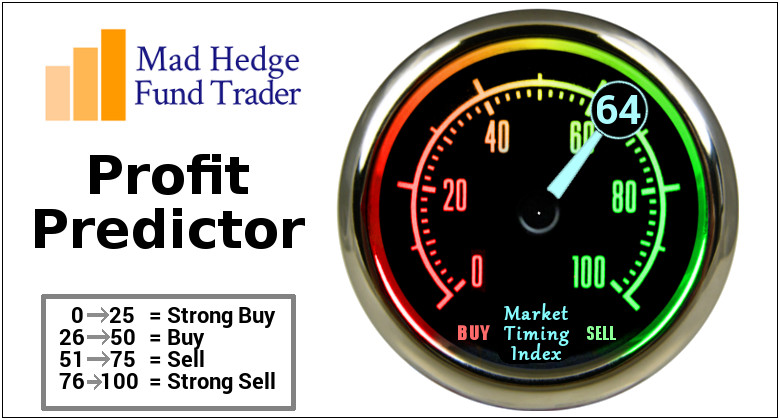Tracing its origins in Greek mythology to the infamous Dracula tales, stories centered on the restorative powers of blood have captivated our imagination for millennia.
In the past two decades, however, the concept of hailing blood as the elixir of youth has come a long way from ancient folklore.
These days, this idea has reached the medical world with highly renowned researchers throwing their names behind the study of the regenerative ability of young blood.
From mere storybook fantasies, this concept has become one of the serious contenders alongside the likes of Biogen (BIIB), Eli Lilly (LLY), and Bayer (BAYRY) in the fight against Alzheimer’s, Parkinson’s, and even stroke.
Here’s a quick explanation for this change.
At its core, one of the major causes of aging is when our systems go on overdrive in the performance of usual bodily functions.
That is, the body shifts away from the “regular” state or homeostasis and instead is forced to constantly be in alert mode.
This causes us to end up with a hyper pro-inflammatory immune system, which then malfunctions and results in damaged tissues and organs over time, exposing the body to diseases and conditions like neurodegeneration and heart attacks.
The solution is quite simple. Let’s just flush out those pro-inflammatory aging compounds—aka the overworked system. That way, we can delay (or probably even prevent) the aging process.
This can be done through a process called “parabiosis,” which has only been experimented on mice.
Basically, this works by connecting the circulatory system of an older mouse to a younger one. Then, the older mouse starts to get younger as well.
In 2005, researchers published a paper that studied two identical mice (one old and one young) to demonstrate the veracity of the concept.
To test the idea, they connected the circulatory systems of both mice. This means that the two lived off the same general blood pool, which comprises young and old blood.
In just 5 weeks, the older mouse’s stem cells started to divide again. Its muscles and liver cells also began to repair themselves.
Essentially, from a cellular viewpoint, the older mouse transformed into a younger version of itself.
Given the medical, moral, and ethical issues that come with the traditional “parabiosis,” biotechnology companies have searched for more efficient and effective ways to achieve these age-defying results other than the vampiric blood swap.
But, how can these results be replicated?
This is where “Total Plasma Exchange” (TPE) comes in.
TPE is done using an apheresis machine. The patient’s blood runs through this device, which then removes and discards filtered plasma via the reinfusion of red blood cells as well as other replacement fluids, including plasma or albumin.
Without going through the technical nitty-gritty, TPE involves the extraction of a large volume of blood from a patient, taking it apart into its individual components, then returning it to the same patient’s body sans the filtered-out components courtesy of the machine.
Recently, clinical trials on humans showed that TPE managed to slow disease progression among patients suffering from age-related disorders, like Alzheimer’s, by more than 66%.
While there’s no uniform cost for this treatment, the average estimate for every TPE session is roughly $101,140. Just how much this would cost in the long run heavily depends on the person’s condition and desired outcome.
At this point, the research is still in its early stages.
However, this hasn’t prevented rogue biohackers from testing out their own theories—and come up with surprisingly workable results.
In 2020, two 50-year-old self-confessed “biohackers” based in Russia hooked themselves up to blood collection machines. They then proceeded to replace practically half of the plasma coursing through their own veins with salty water.
After 3 days, their blood tests showed an improvement in their general well-being, as seen in their hormones, fats, and other indicators.
In particular, their immunity, cholesterol metabolism, and even liver function showed better performance.
So far, this concept has been explored by other researchers who are now replacing plasma with saline and adding other components like albumin.
These experiments are still being conducted on animals, but they have to date proven to be promising in terms of reducing inflammation in the brain and improving cognitive functions.
Primarily, the Russian biohackers and these experts are diluting the anti-aging factors to slow down or even eventually prevent aging.
Among the probable applications of plasma in the anti-aging movement, the dilution process seems to be the easiest and most convenient track to pursue—so much so that a company, called IMYu, was founded by top UC Berkley researchers to develop this strategy further.
Thus far, only a handful of biotechs have focused on this concept.
Some of the frontrunners are Massachusetts-based Elevian, which was founded in 2017, and Alkahest, which was acquired by Spanish pharmaceutical giant Grifols (GRF) for $146 million.
Meanwhile, a company called Nugenics Research has actually patented the name “Elixir” for its plasma-derived product under development.
There are also clinics like the Atlantis Anti-Aging Institute based in Florida and companies such as Ambrosia, which market plasma gathered from donors ages 16 to 25 and sell them for several thousand dollars for every transfusion.
Thus far, big pharma has yet to get its hands on this technology.
Only a handful of major companies, including Novartis (NVS) and Sanofi (SNY), have expressed interest in exploring these possibilities.
However, these innovations are only a glimpse of the incredible momentum driving the anti-aging industry these days.
It’s only a matter of time until we achieve a spectacularly extended lifespan with an impressively high quality of health and wellbeing.

